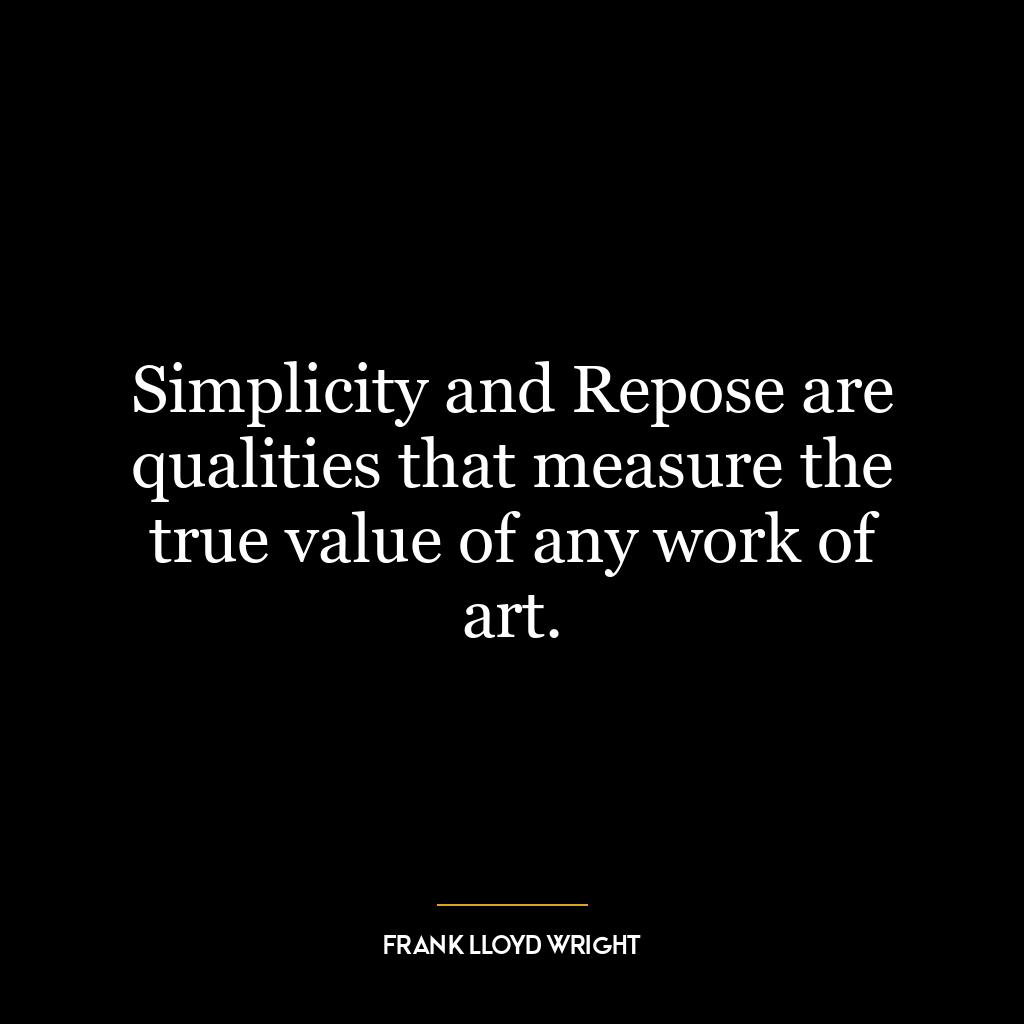Everything that is written merely to please the author is worthless.
This quote by Blaise Pascal suggests that writing, or any form of creation for that matter, loses its value if it is done solely to satisfy the creator’s ego or personal whims. The essence of writing or any form of art lies in its ability to communicate, to resonate with others, and to evoke emotions or thoughts. If a piece of writing is crafted only with the intention of pleasing the author and doesn’t take into account the potential reader’s perspective or feelings, then it may be seen as self-indulgent and lacking depth or universal appeal.
Applying this idea to today’s world, we can see it manifest in various forms of media and art. For example, in the film industry, movies that are made primarily to satisfy the director’s vanity often fail to connect with the audience. Similarly, in the music industry, songs that are written and composed only to showcase the artist’s talent, without considering the listener’s experience, may not achieve widespread success.
In terms of personal development, this quote can be interpreted as a reminder to avoid self-centeredness. Whether it’s in our professional life or personal relationships, it’s important to consider others’ perspectives and feelings. In a work setting, for example, a project or presentation that is designed only to highlight one’s own abilities, without considering the needs or understanding of the audience, may not be well-received. Similarly, in a relationship, actions that are driven solely by one’s own desires, without considering the other person’s feelings, can lead to conflict and misunderstanding.
Therefore, Pascal’s quote serves as a timeless reminder to balance our personal desires and satisfaction with the needs and feelings of others, whether in art, work, or personal relationships.














